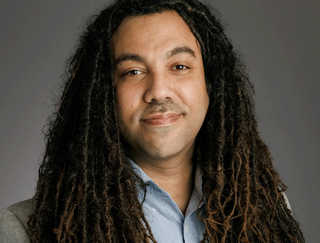International partnership to shed new light on ancient bacteria

Michael Murrell has partnered with scholars in the UK and South Africa to uncover the driving force in filamentous cyanobacteria
Congratulations to Michael Murrell, associate professor of Biomedical Engineering and Physics, who has received support from the Human Frontier Science Program (HFSP) for an intercontinental project spanning the US, UK and South Africa.
The three-year project aims to uncover the driving force in plant-like growth in filamentous cyanobacteria, which possess the remarkable ability to grow like plants. The ancient photosynthetic organisms played a pivotal role in Earth’s early evolution by releasing oxygen into the atmosphere - and continue to be important in modern ecosystems.
Murrell’s interdisciplinary team will use tools from soft matter physics and synthetic biology to understand how cyanobacteria became terrestrial – how they assemble from individual cells into multicellular filaments, how they penetrate the soil, and how they grow towards the light. In particular, the group will focus on their mechanical properties, and how they move collectively within the filaments.
The Murrell Lab, which is based at the Yale Systems Biology Institute, will partner with David Lea-Smith (principal investigator), University of East Anglia, England, and Albena Lederer, Stellenbosch University, South Africa.
The Human Frontier Science Program promotes international collaboration in basic research focused on the elucidation of the sophisticated and complex mechanisms of living organisms. Research Grants support innovative basic research into fundamental biological problems with emphasis placed on novel and interdisciplinary approaches that involve scientific exchanges across national and disciplinary boundaries.
The Yale Systems Biology Institute focuses on complex interactions in biological systems and characterizes the organizational principles that unite living systems. From its home on Yale’s West Campus, the Institute provides a generative focus for the research interests of faculty in the physical and biological sciences, and for topics ranging from molecules to whole organisms.